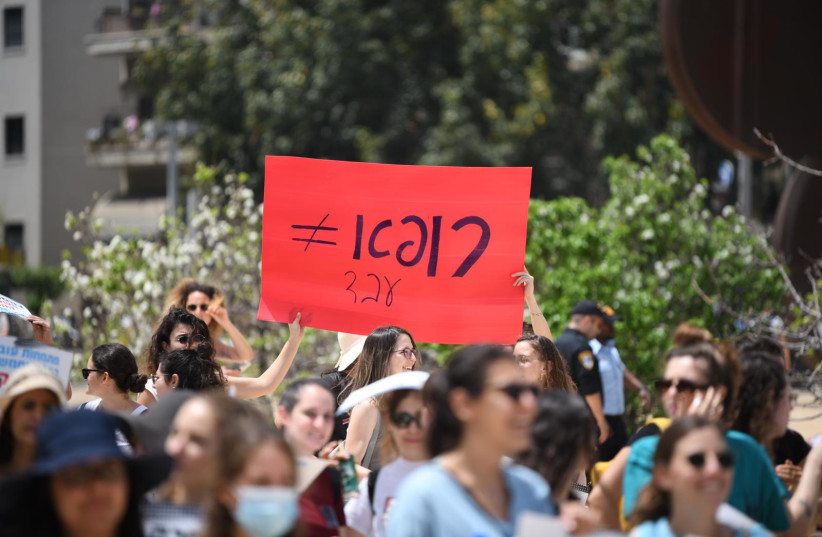Physicians in public hospitals around Israel claimed they will “relocate” to work abroad due to Prime Minister Benjamin Netanyahu's government's judicial reform that doctors argue will make it impossible to practice medicine freely and professionally.
Those doing post-doctoral studies abroad also said they would not return, causing great worry in the Health Ministry and hospitals.
Dr. Hanna Ornoy, an international management expert at Ono Academic College and author of The Relocation Journey and The Israeli Manager in the Global World, has carried out a study on this problem.
Hundreds of Israeli doctors apply for work abroad
According to Health Ministry data, she wrote, about 800 doctors have applied for relocation to hospitals abroad. This exacerbates the existing serious shortage of doctors, especially specialists, and the queues for treatment are getting impossibly long.
“This surge in applications, especially in August, indicates that the ongoing legal reforms in Israel’s healthcare system are not merely a looming threat but a reality. The question arises: Is the departure of doctors from Israel a real danger to the country's healthcare system?” wrote Ornoy of the Faculty of Business Administration Academic and director at Ono Campus Jerusalem.

“For many, the idea of relocating abroad is a dream that promises exposure to different cultures, enriching professional challenges, and unforgettable experiences for their children,” she continued.
“However, the decision to relocate is complex, involving the disruption of children's routines, concerns about finding suitable employment for both spouses, and leaving behind aging parents who need support.”
Many doctors and scientists go abroad for specializations, usually for two or three years, work in various medical and research settings, and then return home. The tradition is so ingrained that second-generation doctors – those who experienced relocation as children –are now going abroad for their specializations.
Ornoy noted that even before the controversial judicial reforms program that has triggered 35 weeks of street demonstrations by millions of Israelis, the risk of doctors not returning to Israel was palpable. “Doctors report improved working conditions abroad, larger research budgets, a more respectful culture between patients and doctors, and higher salaries. In contrast, Israeli doctors work longer hours than their international counterparts. The temptation to stay abroad is immense, making the decision to return incredibly difficult, she said.
Israeli doctors are highly sought after internationally, particularly in English-speaking countries in North America, the UK, Australia, and New Zealand. These countries appreciate the hard work and ambition of Israeli doctors, making it easier for them to settle. Israeli doctors who have already left are supportive, offering help with finding housing, schools for children, and even tax-related issues. This creates a “selective and supportive Israeli kibbutz” abroad, where doctors celebrate holidays together and live in close proximity, Ornoy continued.
Doctors: The first to rebel against dictatorial regimes
Historically, physicians have been the first to rebel against dictatorial regimes. For example, Stalin initially targeted doctors and scientists during his rise to power in Russia. Democracy is even more important to doctors than salary levels.
“Research suggests that maintaining a continuous dialogue and communication with those who have relocated has a positive impact on their willingness to return,” she said. “Hospitals could appoint representatives to keep in touch with doctors abroad, updating them on organizational changes, involving them in decisions, and informing them about attractive managerial positions that become available here.
She concluded by warning that the saying “out of sight, out of mind” should not apply to our doctors abroad. It’s crucial to make them feel that we are waiting for them and that they’re still an integral part of the Israeli medical community.
"The exodus of doctors is not just a symptom – but it could become a crisis if not addressed effectively.”
